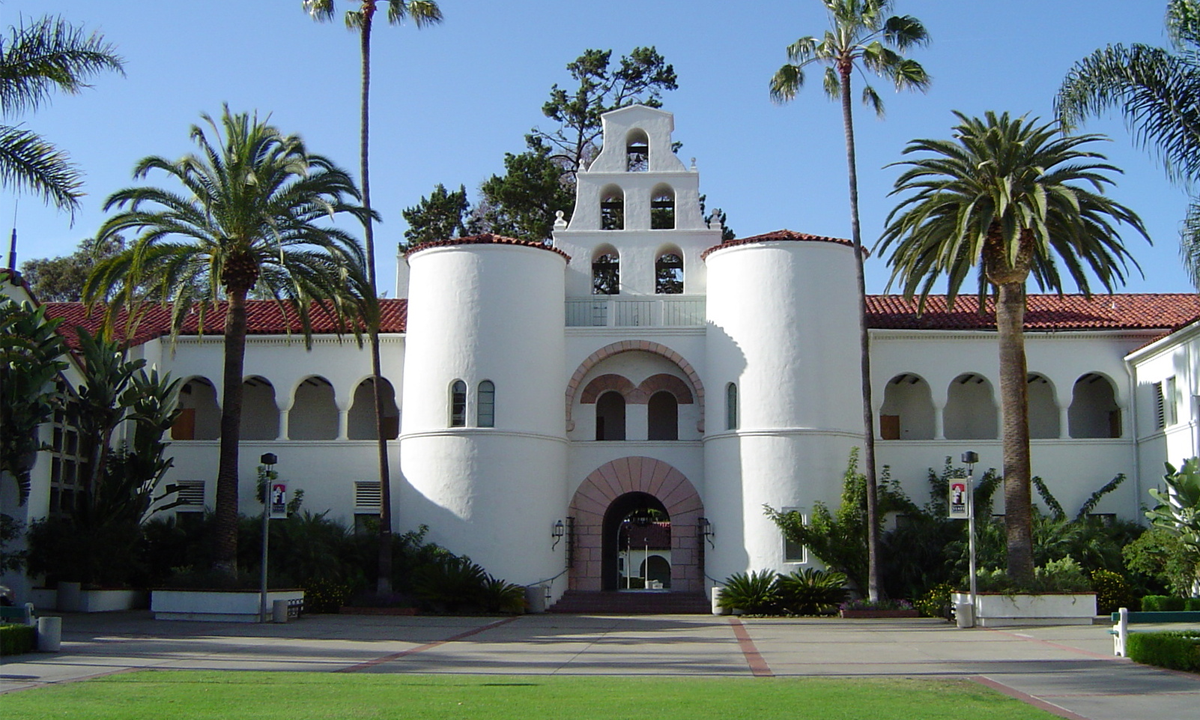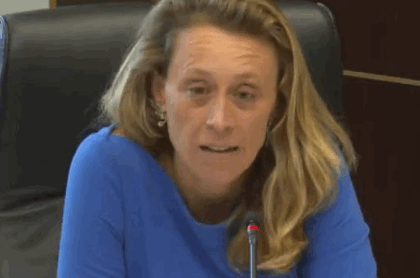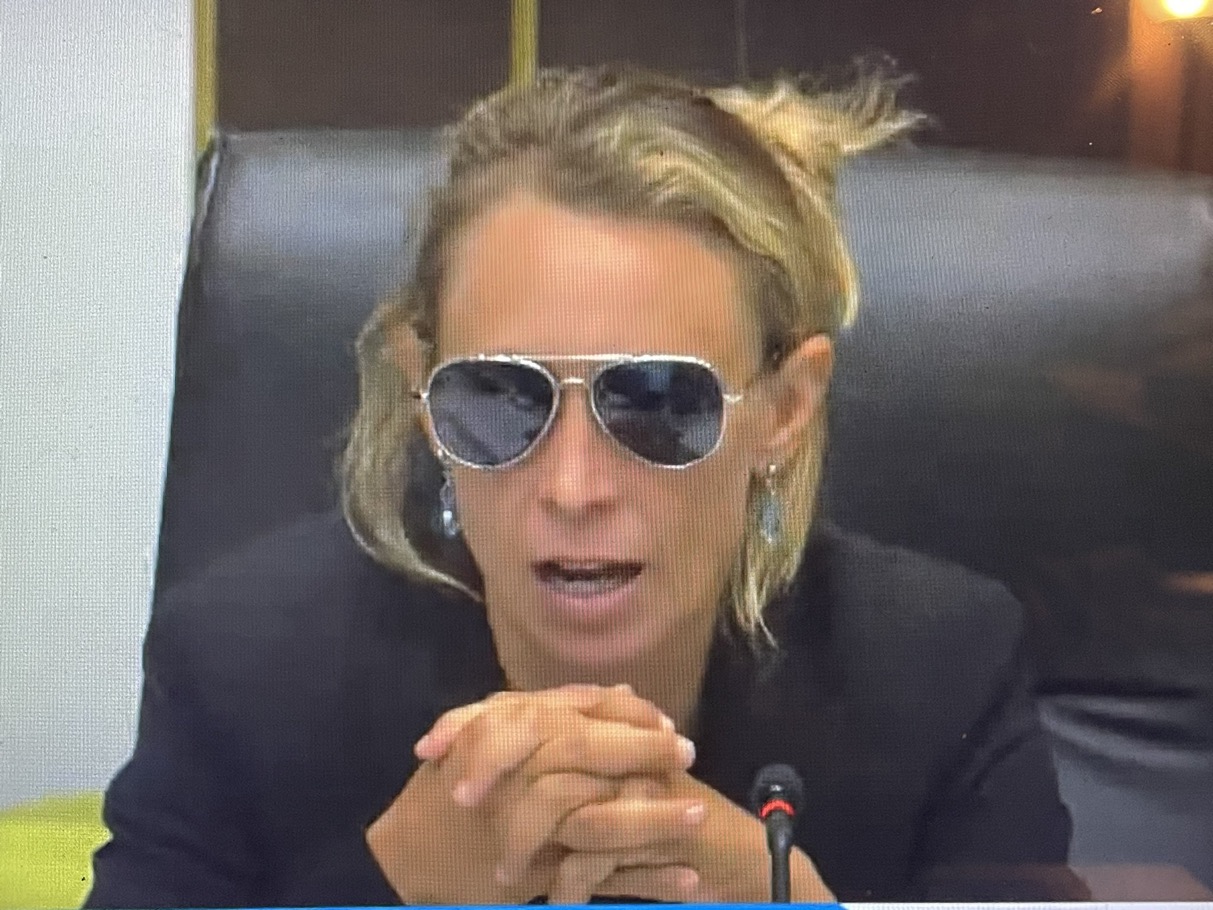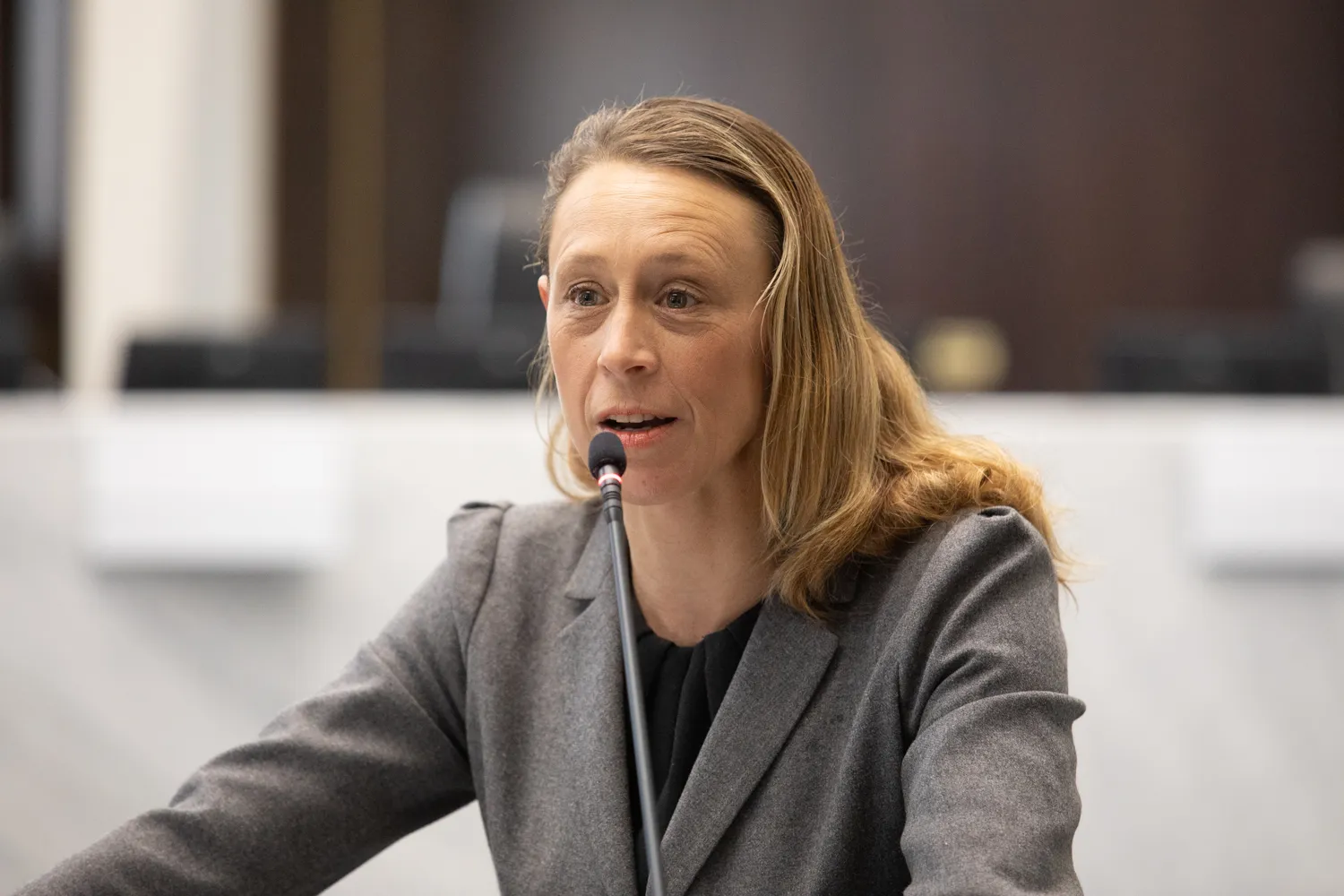San Diego State University leadership is mulling over the decision to cancel spring break for the 2021 semester, looking to curb the spread of COVID-19.
According to the university’s Senate Agenda, the body will take up the idea today, Tuesday, December 1st. Many staff and students, as well as San Diego Public Health Officer Wilma Wooten, are in favor of the cancelation. Wooten even went as far as writing a letter to SDSU Senate Chair Wil Weston, saying that the nine-day break could lead to another surge in the community.
“Avoiding the 9-day class gap is a proactive approach to protect our communities from preventable outbreaks,” Wooten said. “The extended, traditional break encourages travel for students, increasing their risk of exposure when flying or driving across states, putting their families and the SDSU community upon arrival, at higher risk of contracting the virus.”
Wooten did acknowledge that canceling the break may cause negative mental health impacts, but claimed that a community outbreak may take more of a mental toll. She instead recommended multiple short breaks “that will support their recovery and avoid burnout.”
Members of the school of public health also got in touch with the school, calling spring break during the pandemic “irresponsible.”
“Leaving a 9-day void in the middle of a semester would make us complicit in the impacts of COVID-19 transmission resulting from behaviors encouraged by such an extended break mid-term.”
If SDSU is to cancel spring break, the school will certainly receive some pushback from students. I’ve spoken to several San Diego State University students who are burnt out as a result of the school’s distance learning program.
“Online school just isn’t the same, I don’t feel like I’m really learning anything,” said one student.
Professors at the school haven’t lessened the course load in lieu of the online format. In fact, some have increased the course load to make up for the lack of in-person learning. If students have the break taken away, the mental health impacts could be far worse than the effects of a community outbreak, especially considering COVID-19 has around a 99% survival rate for people under the age of 65




